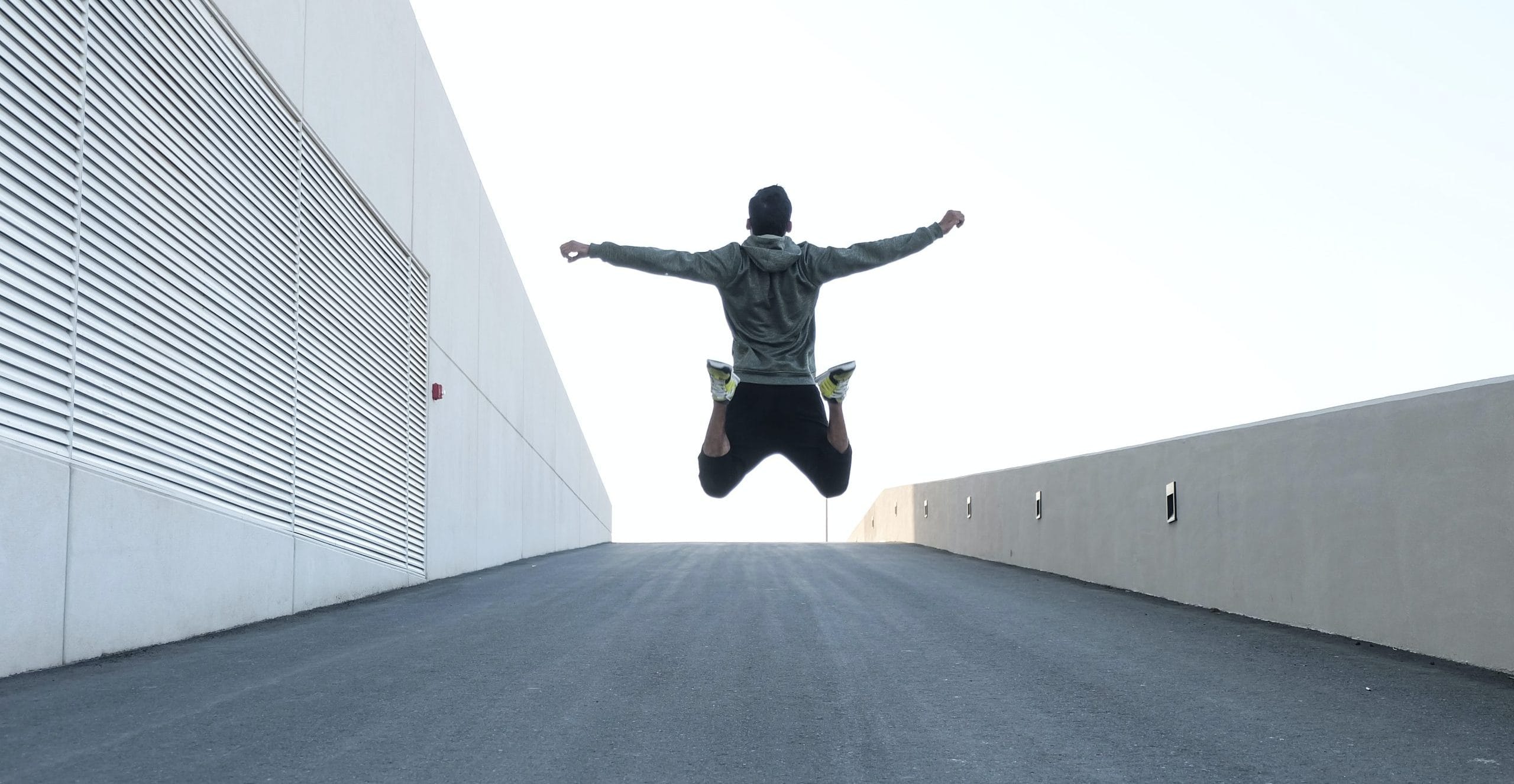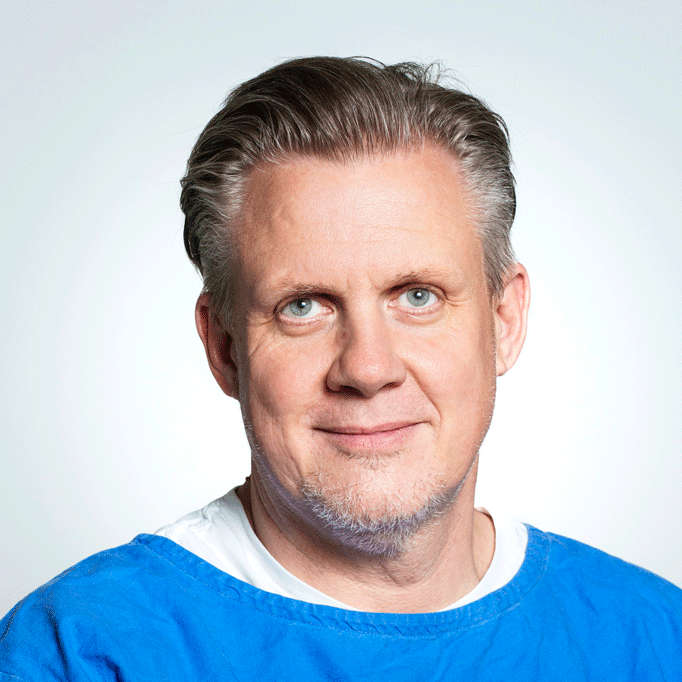If you rest, you rust: A recent study by COREMED, Centre for Regenerative Medicine and Precision Medicine, and the Medical University of Graz proves the youth-preserving effect of physical exercise at cellular level: regular exercise can positively influence and demonstrably slow down ageing processes. Differences in biological age between people who do sport and those who do not can be over 10 years. Although no miracle cure for eternal youth has yet been found, the solution may be more obvious than you think: studies suggest that regular exercise helps to protect and maintain our cells, making us not only healthier but also slower to age.
A question of telomere length
Medical doctor and sports scientista Drin Dr Marlies Schellnegger from COREMED explains: "This protective effect can be determined on the basis of telomere length. Telomeres are cellular markers of biological age. These markers can be thought of as protective caps on the ends of our chromosomes; with each cell division, the telomeres shorten, which leads to cell death over time." Together with co-authors, she has now published a study in Sports Medicine that shows that regular exercise intervenes in precisely this process. Exercise activates the cellular processes that protect the telomeres and even have a lengthening effect. Although even well-preserved or longer telomeres do not turn back time, they are sometimes involved in healthy and agile ageing. According to Schellnegger: "Shorter telomeres are not only associated with premature cell ageing, but also with chronic diseases such as diabetes mellitus, tumours and cardiovascular diseases. This once again emphasises the health benefits of regular exercise." The good news is that you don't have to go all out every day to achieve positive effects. Moderate exercise at least three times a week is said to be enough to protect the telomeres and thus influence the ageing process.
An ageing society
Ageing healthily is not only important for maintaining one's own quality of life, but also for coping with a looming medical care crisis. If we take a look at demographic forecasts, the over-60 age group is expected to triple by 2050; at the same time, the 85+ age group is the one that is growing most rapidly. People tend to spend the last 10 to 15 years in reduced or poor health. This means that the "healthspan", i.e. the time spent in good health, lags well behind the "lifespan" - life expectancy. Strategies to slow down the ageing process are therefore increasingly the focus of scientific research.
Mag.a Drin Dr Marlies Schellnegger studied medicine and sports science in Vienna and Innsbruck. After graduating in October 2019, she worked as a visiting doctor in Lisbon and then began her research activities at COREMED - Centre for Regenerative Medicine and Precision Medicine in 2020. There she worked intensively in the field of Healthy Aging. She is currently also working at the University Hospital Graz. Marlies Schellnegger has a clear focus on exercise, sport and nutrition. She worked at JOANNEUM RESEARCH until mid-2023.
Further links


